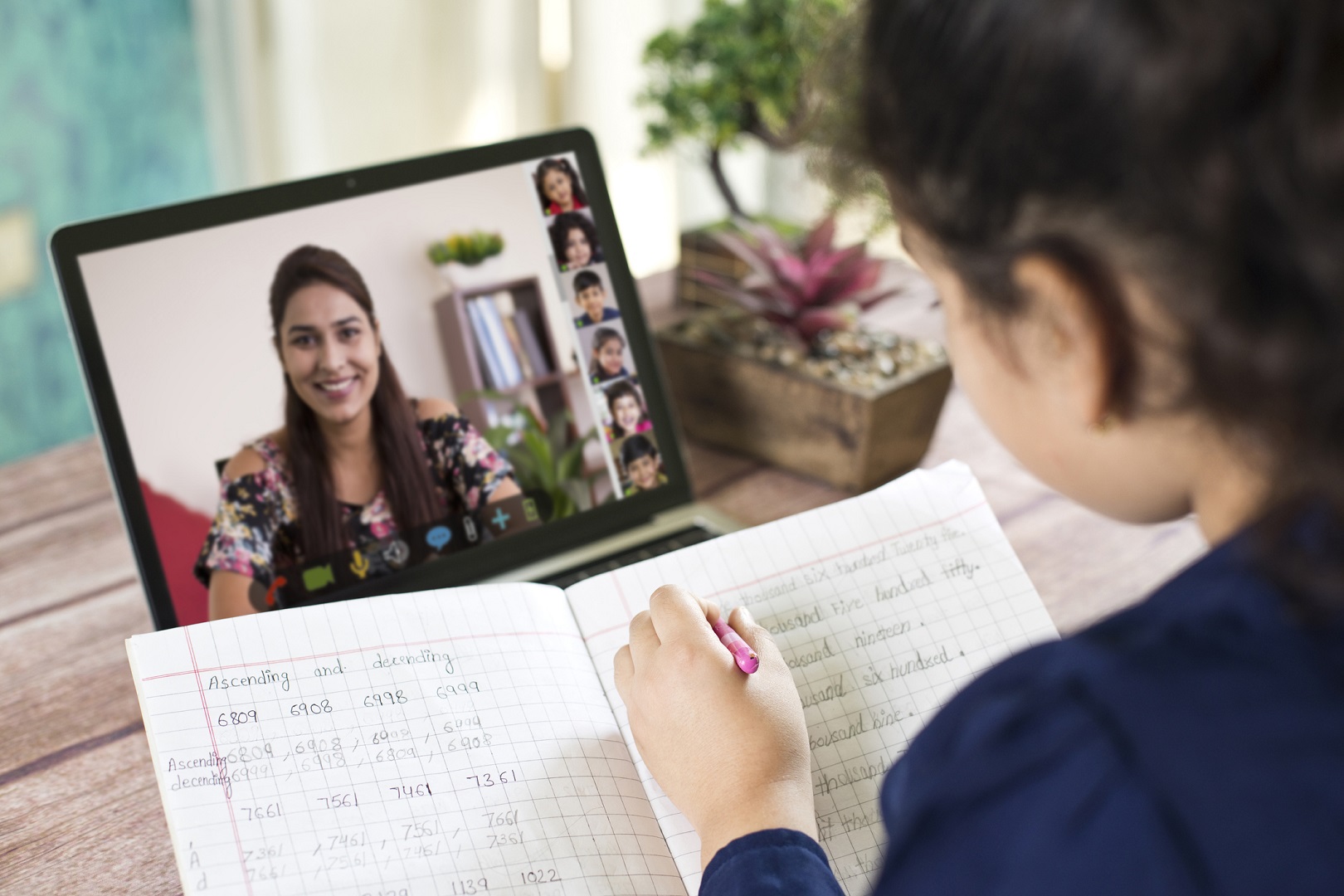Teachers from the Philippines are among those from several countries who are facing many challenges in conducting online classes.
The teachers from India remain one of the most affected. Citizens from other countries across Asia including Indonesia, Singapore, and Malaysia are also among those who are highly impacted.
In the Philippines, schools have remained shut since March 2020 and the Delta variant has fueled a surge that has seen its death toll pass 37,000 and its total number of cases go beyond 2.5 million.
Teachers have said that their problems range from transitioning to a new way of teaching while grappling with unfamiliar technology such as Zoom or MS Teams.
RELATED STORY: Dubai private schools to resume face-to-face classes from Oct. 3
They also perceive that parents are watching and judging them.
Joyce Caubat, a private school teacher in Manila, said, “We had no training to undergo remote learning and older teachers are struggling to keep up. There is added pressure for teachers because of this.”
Also, the teachers have been hit financially with a survey in February revealing that those from the Indian city of Hyderabad found 100 percent of 220 respondents had exhausted their life savings and 50 per cent had taken loans from relatives either to pay rent or for COVID related medical expenses. Many distraught parents have been pleading for more time with school authorities to pay fees or waive them altogether.
“I felt the pressure of feeling that my parents were judging me. It made me self-conscious,” said Gauri Matonde, a teacher at Rajiv Gandhi Vidyalaya School in Nainital, India.
READ ON: Duterte approves limited face-to-face classes
Some teachers have found it hard to settle as schools have shifted between operating online and in-person adjusting to the decline and increase in COVID cases.
This has also taken a mental health toll on the teachers. A survey by the Singapore Counselling Centre said that of 1,325 teachers more than 80 per cent of respondents felt their mental health had been negatively affected by their work amid the pandemic.
More than four in five reported working more than 45 hours a week while more than 62 per cent said their physical health had also declined as they faced ailments like irritability, insomnia and recurring headaches. More than four in 10 said their personal relationships had suffered and around one in three fell sick easily. (AW)




